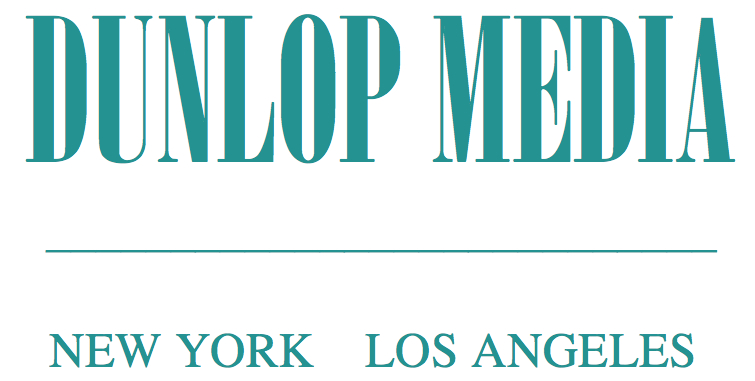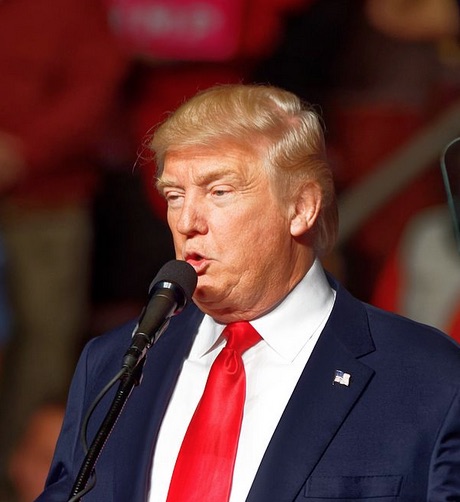It's a truism of media relations that "no comment" is itself a comment. Not only does it leave viewers and readers with the impression that you do not challenge the allegations against you, but refusing comment on a negative story forfeits an important opportunity to respond and correct inaccuracies. And you never know how big that story will get.
Case in point: the travails of a former "Shark Tank" contestant, the owner of a woodworking company in Vermont. A local paper wrote a story about his company's Chapter 11 bankruptcy, noting that the owner "was unavailable for comment." The story got picked up by a national newspaper, and now that local "no comment" has gotten a far larger audience. Courtesy USA Today.



















